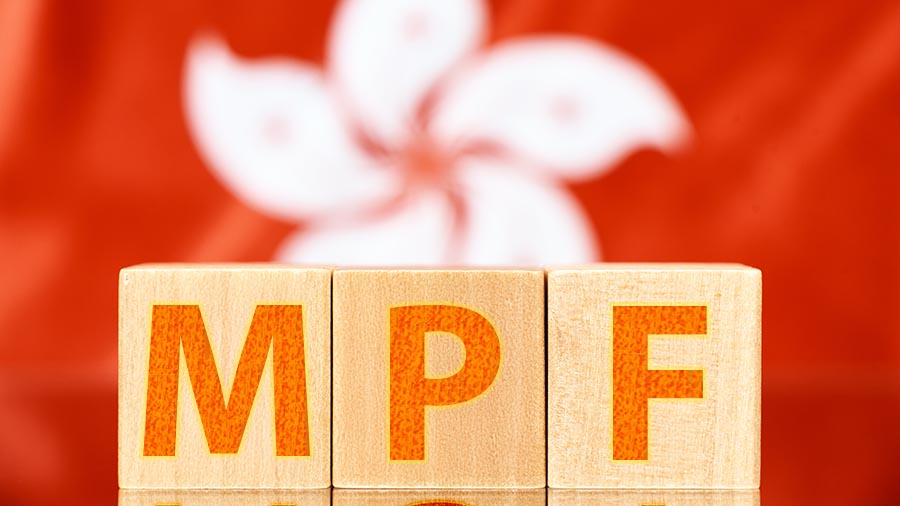China Total Tax Burden Second Highest in World
Chinese capitalism seems long gone when viewed against actual fiscal policies
Sept. 26 – China’s tax burden is the second highest globally, beaten only by France, the 2009 Tax Misery Report by Forbes has suggested. Although relatively old data, the report has not previously gained much attention. However, as China has since then raised minimum wages and introduced social welfare payments for foreigners, the total tax and contributing burden by companies in China may now have overtaken European nations. It is possible that China has now become the most tax burdensome nation in the world.
The 2009 report took into consideration taxes and contributions including corporate income tax, individual income tax, social welfare, VAT and wealth tax (foreign companies in China must additionally pay dividend taxes if they wish to repatriate profits) and found that China is by far the most expensive country in Asia in terms of tax deductions. The top five most taxed nations were France, China, Belgium, Sweden and Holland. In Asia, China came out top in 2nd place, followed by Japan (15th), India (23rd), Vietnam (42nd), and South Korea (45th). The United States attained 48th position. India meanwhile is set to lower its rankings as both its corporate income tax and individual income tax rates are set to decrease when a new bill introduced to parliament passes into law, possibly next year.
The higher total taxes imposed by China reflect the nature of the continuing communist ideology, in which businesses are often targeted at producing increasing amounts of money for the benefit of the proletarian worker. The same is true, although not to the same degree, for Vietnam’s appearance in the top 50 most tax burdensome nations. Although China does have a massive population to consider, it still remains at its heart a heavily socialist nation, and is not as “capitalist” in terms of government policies as many tend to suggest.

The Zhejiang government’s Guorui tax yacht
Several Chinese commentators have stated that the report is not fair as many Chinese nationals do not even qualify to pay individual income tax. However, Forbes has rebuffed this by stating that China’s tax and contribution amounts are defined in law. The term “Tax Misery” was coined for the report by Forbes as opposed to “burden,” as it also recognizes that although the tax burden for China may be lower than that of developed countries, the tax misery measurement may still be high if the government fails to use tax revenues to provide higher quality and satisfactory public services. An indication of this can be gleaned from news reported by the China Daily in which Zhejiang tax bureau officials have justified the purchase of a US$424,000 luxury yacht in order to collect taxes from its eastern seaboard islands.
“At present, foreign investors feel as if they are suffering death by a thousand cuts in China,” says Chris Devonshire-Ellis, founding partner of Dezan Shira & Associates. “Foreign companies in China pay far more taxes and contributions than their local counterparts, even though the government says that as Chinese-invested businesses they should be treated equally. It is obvious to all that this is not the case. The current policies enacted by the incumbent government have stretched the resources of many foreign investors and are discouraging others from entering the Chinese market. While we understand the need for China to develop and raise the income level of its citizens, it seems to have introduced additional burdens at too early a stage, and needs to be aware it does face regional competition and is not as effective as it should be at domestic tax collection. As an example, to attract FDI in this economic climate, India is reducing taxes, just at a time when China is making itself less attractive. China needs to better balance its social responsibilities with its foreign investment needs and recalibrate the total expenses meted out if China is not to face a global retrenchment from its market. The new government next year may be inclined to rethink this policy.”
Related Reading
Foreigner Participation in Social Insurance Now Mandatory
China Now Has Third Labor Highest Costs in Emerging Asia
- Previous Article China to Launch Iron Ore Price Index
- Next Article China Renewable Energy Industry Report: Sept. 27























